Energy-saving smart tech - smart ways to save on your bills
Saving money by using energy-saving tech - is all the more essential with the cost of living through the roof. Here’s how to do it…
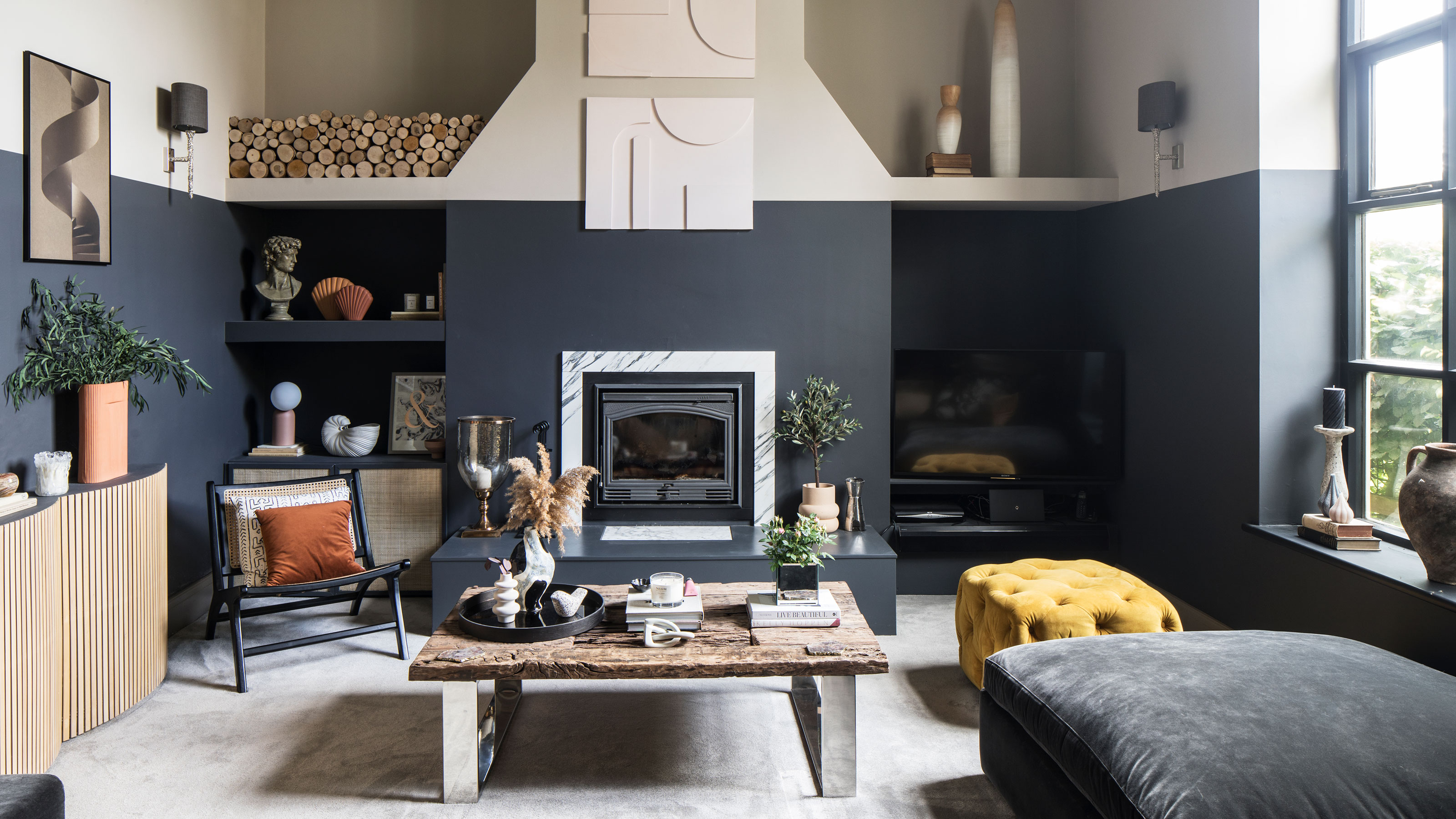

Introducing energy-saving tech to your home is a no-brainer. Adding to the general doom and gloom of winter is the inescapable fact that energy prices are soaring. So every little thing you can do to cut costs at home is definitely worth adopting into your routine.
Even if money is no object to you – unlikely as it is – the drain on the world’s resources is a clear concern so cutting back on energy usage is something we should all be doing.
Our homes are packed with tech, from the very basic to the quite advanced, but none of it works without power. Here, we explain the ways in which you can cut back and save energy without switching off completely.
Energy-saving tech - 'smart' ways to save
1. Only heat what you need
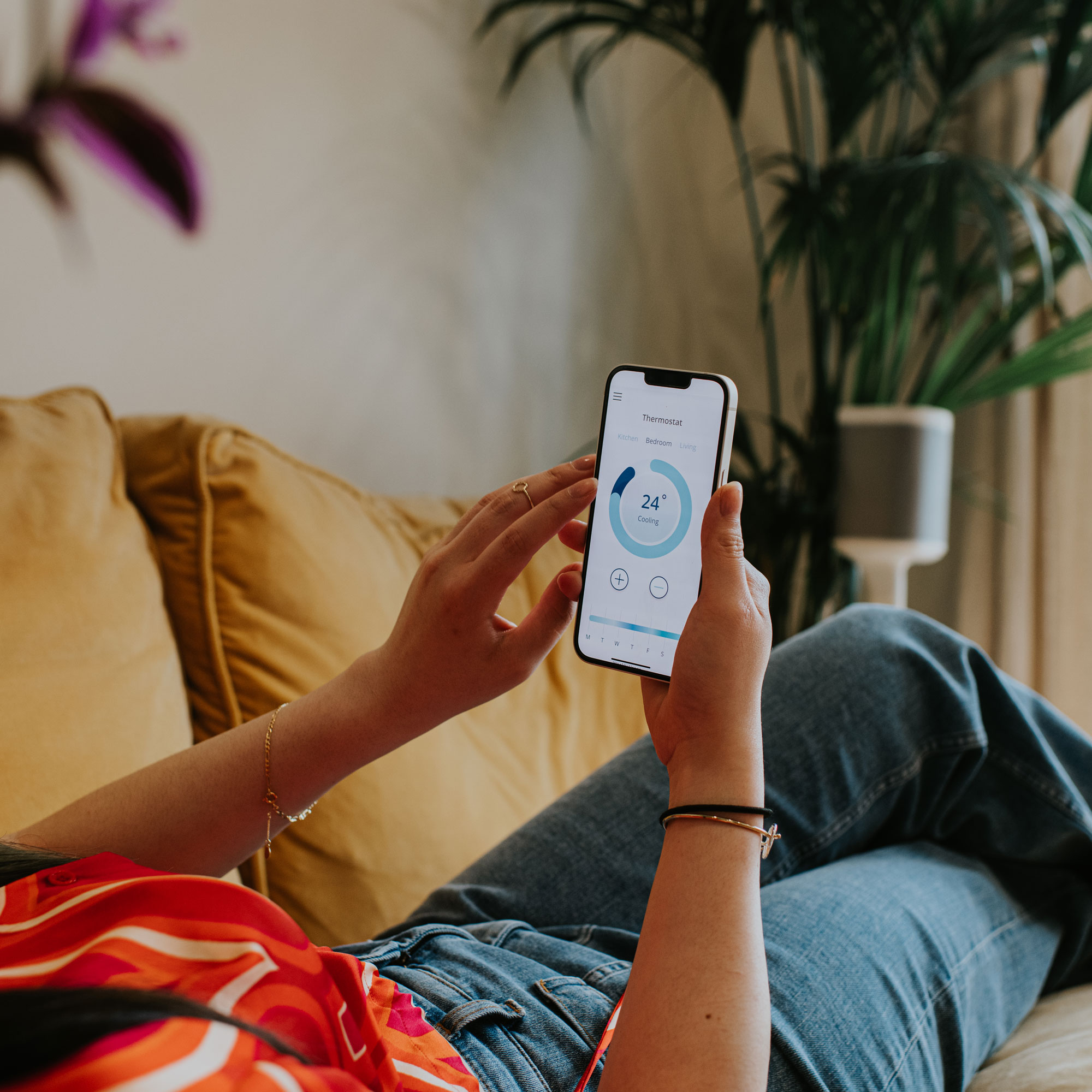
If there was one piece of tech we’d recommend anyone wanting to save money on their energy bills to get, it’s a smart thermostat. Better still, a smart thermostat with smart thermostatic valves. While the outlay at the beginning is fairly big, the savings are considerable.
You can control your smart heating quickly and easily from your smartphone, reduce the temperature instantly, set it to turn on only when you need it and off again when you don’t, and with the bonus of radiator valves, you get localised control so you only heat the rooms you need to.
Expect to pay £119 for a Hive Mini smart thermostat and £54 for a radiator valve. Meanwhile, depending on whether you have a combi boiler or a conventional boiler, Wiser's all-in-one multi room kit at Amazon costs £219 for a combi boiler compatible set or £239 for a conventional boiler kit also at Amazon, which includes the thermostat and two valves.
2. Look to your lights
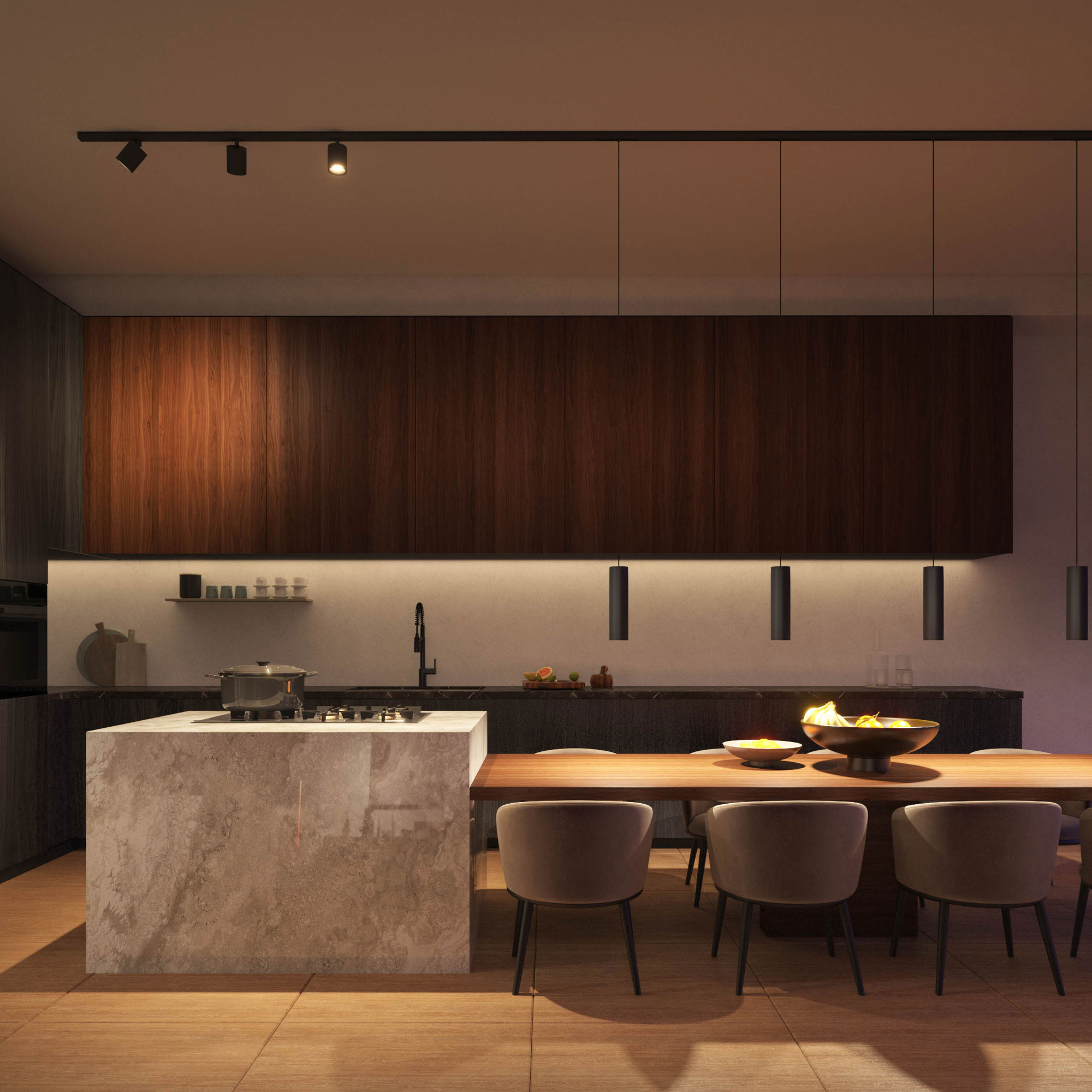
Smart lighting saves energy in more ways than one. Fundamentally, they feature LEDs which, as well as lasting so much longer, they also use up to 90% less energy than old school incandescent bulbs.
Get the Ideal Home Newsletter
Sign up to our newsletter for style and decor inspiration, house makeovers, project advice and more.
Once integrated into a smart home system (linked to IFTTT), you can set routines for the lights to switch on or off and dim or brighten.
You can pick up a Philips Hue starter kit for £85 at Amazon for two bulbs and a Bridge hub to which you can link and control up to 50 Hue bulbs and accessories.
At the lower end, two Innr smart bulbs at Amazon cost just £15 - they're extremely easy to set up and they don't require a separate hub either.
3. Get plugged in
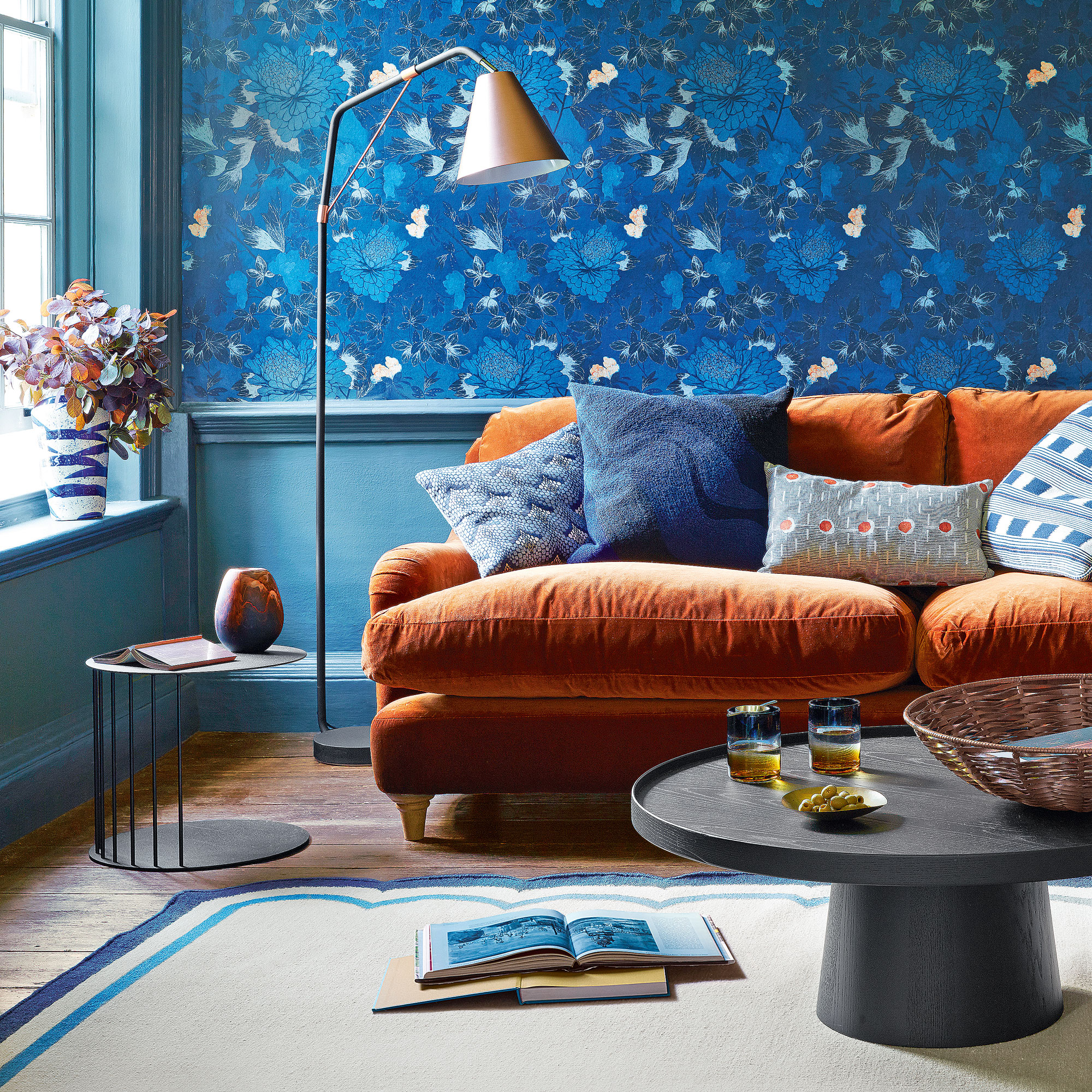
Don’t fancy forking out a fortune on new smart tech? Retrofit the smarts to your existing devices by pairing them with a smart plug. These mini adaptors control the energy that your lamp, speaker, coffee machine, electric blanket or whatever is plugged into it gets, so you can switch off completely via your smartphone when you want.
Add to that the convenience of switching on the kettle when you’re tucked up in bed and it’s a no brainer. You can pick up four TCP Smart Wi-Fi socket plugs for £29.99 at Amazon.
Alternatively, you can keep a closer eye on your energy usage by fitting an energy monitoring plug to power sucking appliances like kettles or ovens.
4. Beware of vampire devices
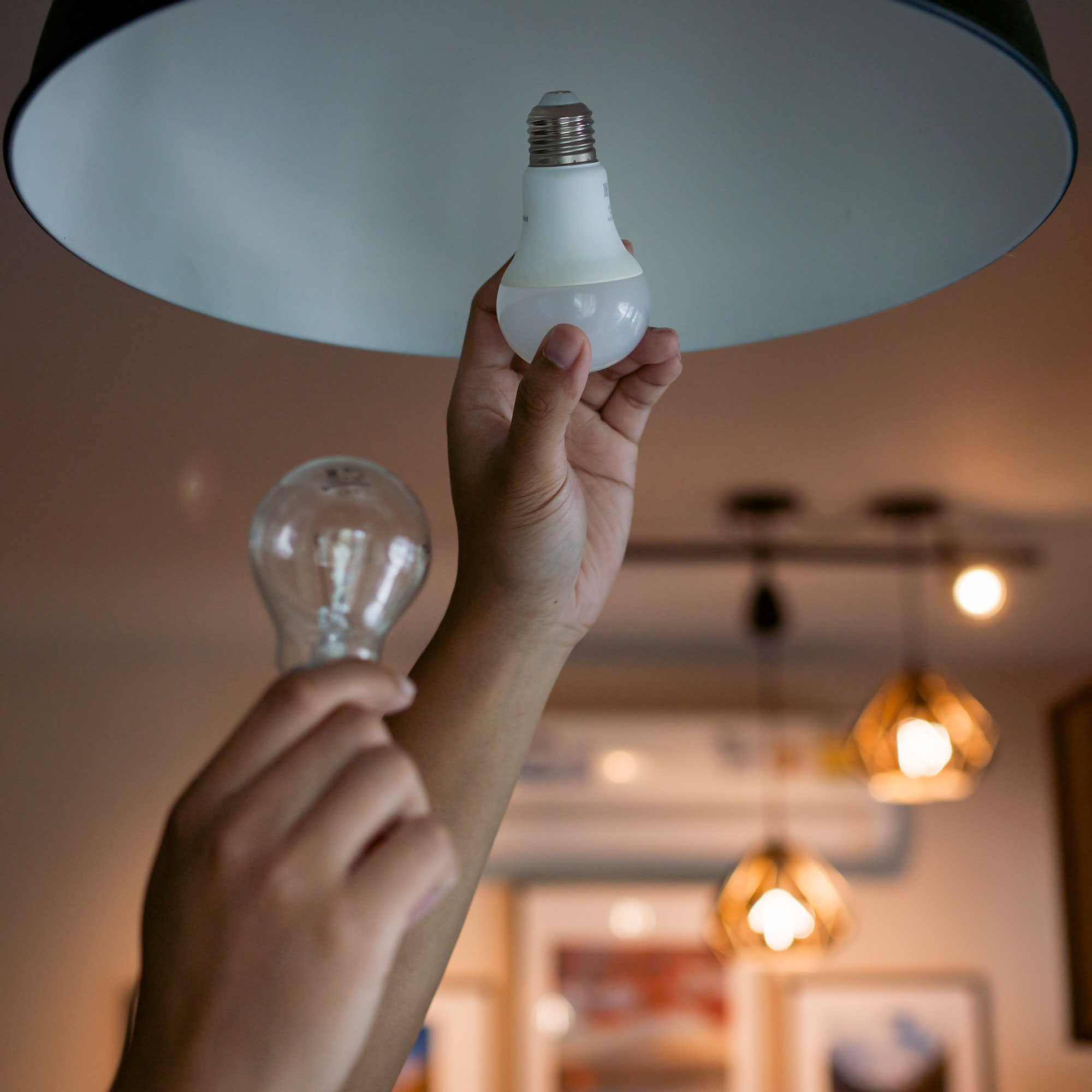
While we know about the unnecessary energy drain that appliances on standby can have, these so-called vampire devices are less of an issue now, because tech is more efficient than it used to be.
The Energy Saving Trust estimates the average UK household spends £55 a year powering appliances and devices on standby.
However, that doesn’t mean you shouldn’t switch off appliances that you’re not using. The biggest offenders are phone chargers, TVs, games consoles and smart speakers, none of which you use at night. So switch them off or unplug them while you’re tucked in bed and you'll be doing your bit for your pocket and the planet.

Ginevra Benedetti has been the Deputy Editor of Ideal Home magazine since 2021. With a career in magazines spanning nearly twenty years, she has worked for the majority of the UK’s interiors magazines, both as staff and as a freelancer. She first joined the Ideal Home team in 2011, initially as the Deputy Decorating Editor and has never left! She currently oversees the publication of the brand’s magazine each month, from planning through to publication, editing, writing or commissioning the majority of the content.
-
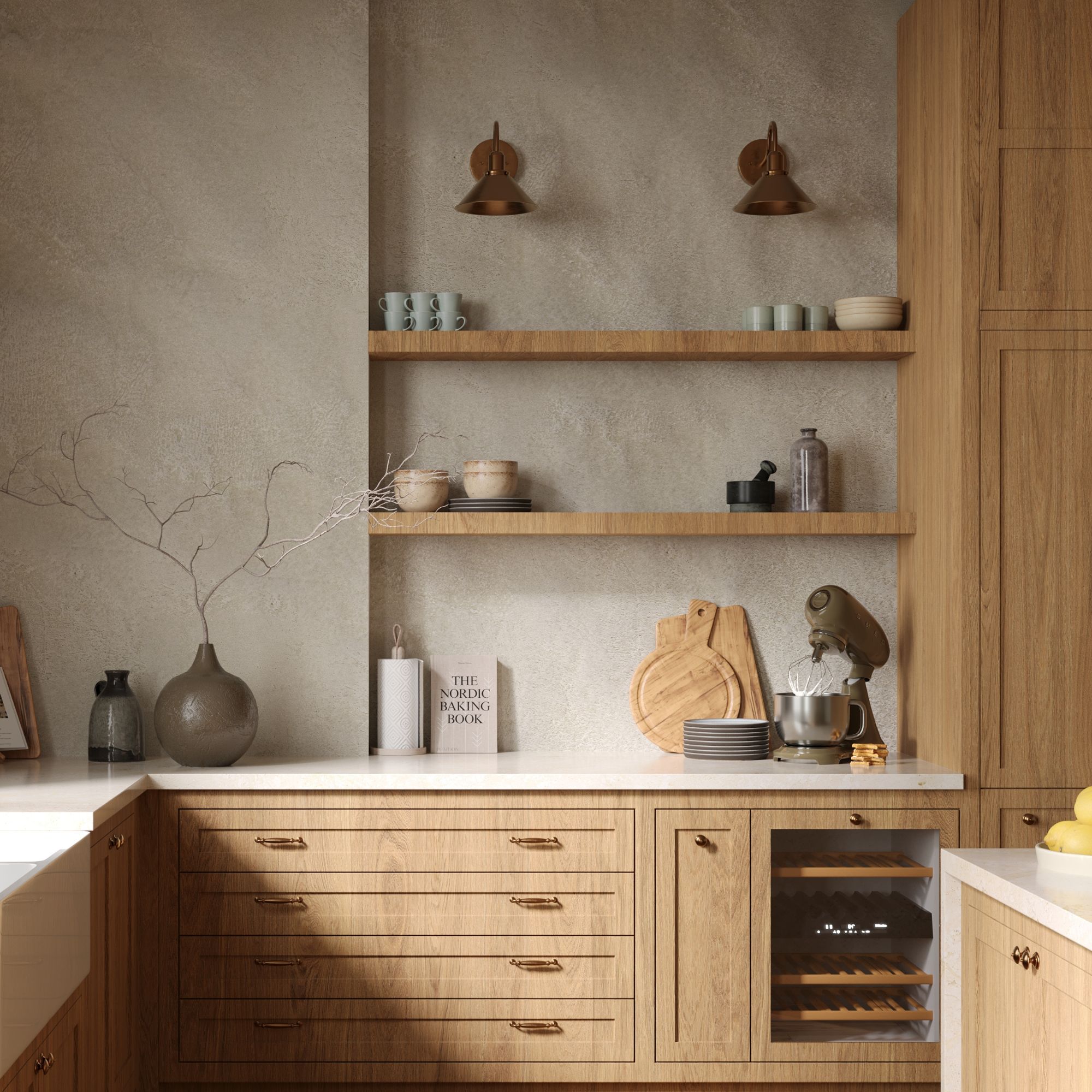 Wood drenching is the calming new twist on the colour drenching trend – here’s how to make the look work in your home
Wood drenching is the calming new twist on the colour drenching trend – here’s how to make the look work in your homeIt’s easier than ever to embrace natural materials
By Maddie Balcombe
-
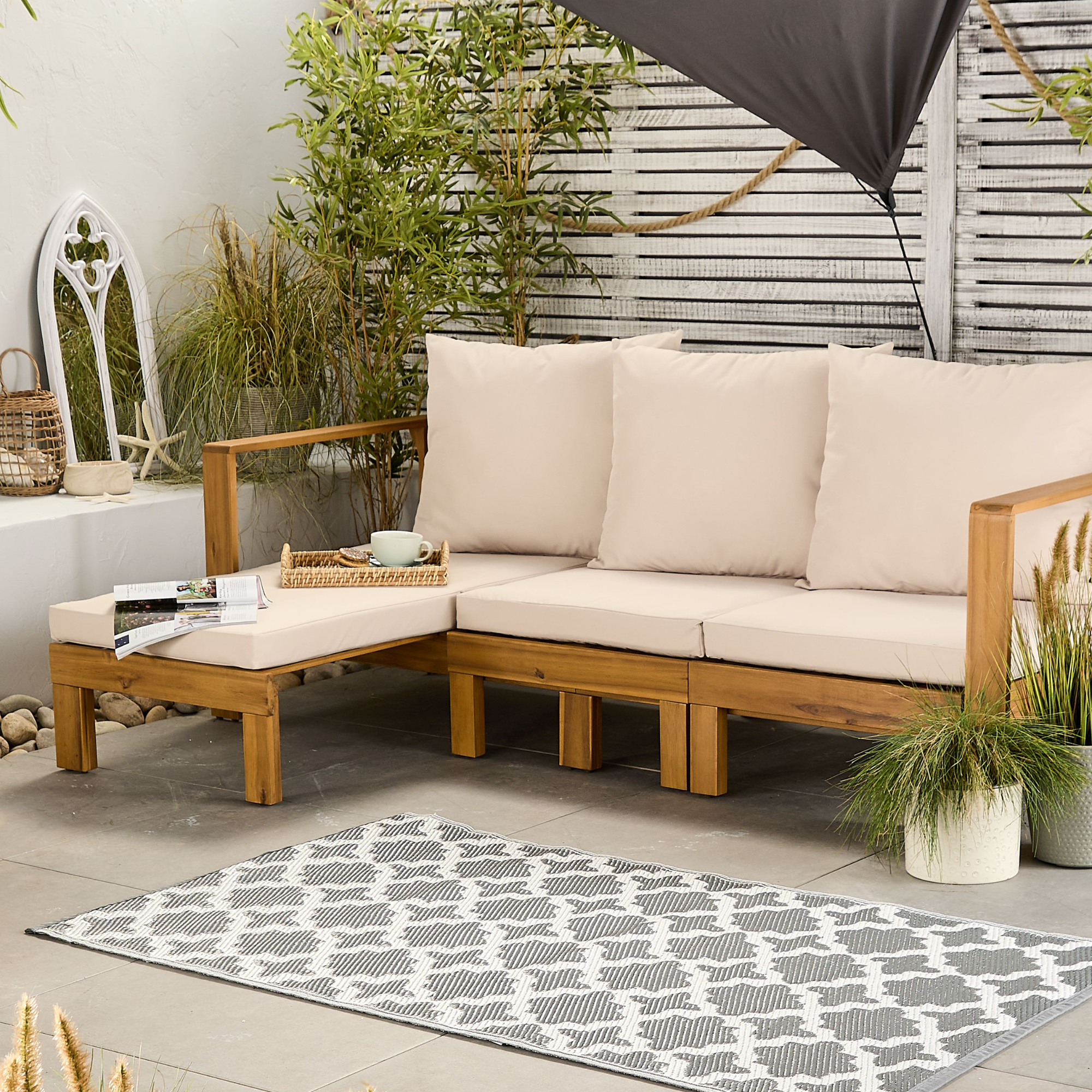 Aldi is launching a £200 day bed with four different features - its sleek design is suited to the whole family
Aldi is launching a £200 day bed with four different features - its sleek design is suited to the whole familyYou don't want to miss out on this Specialbuy
By Kezia Reynolds
-
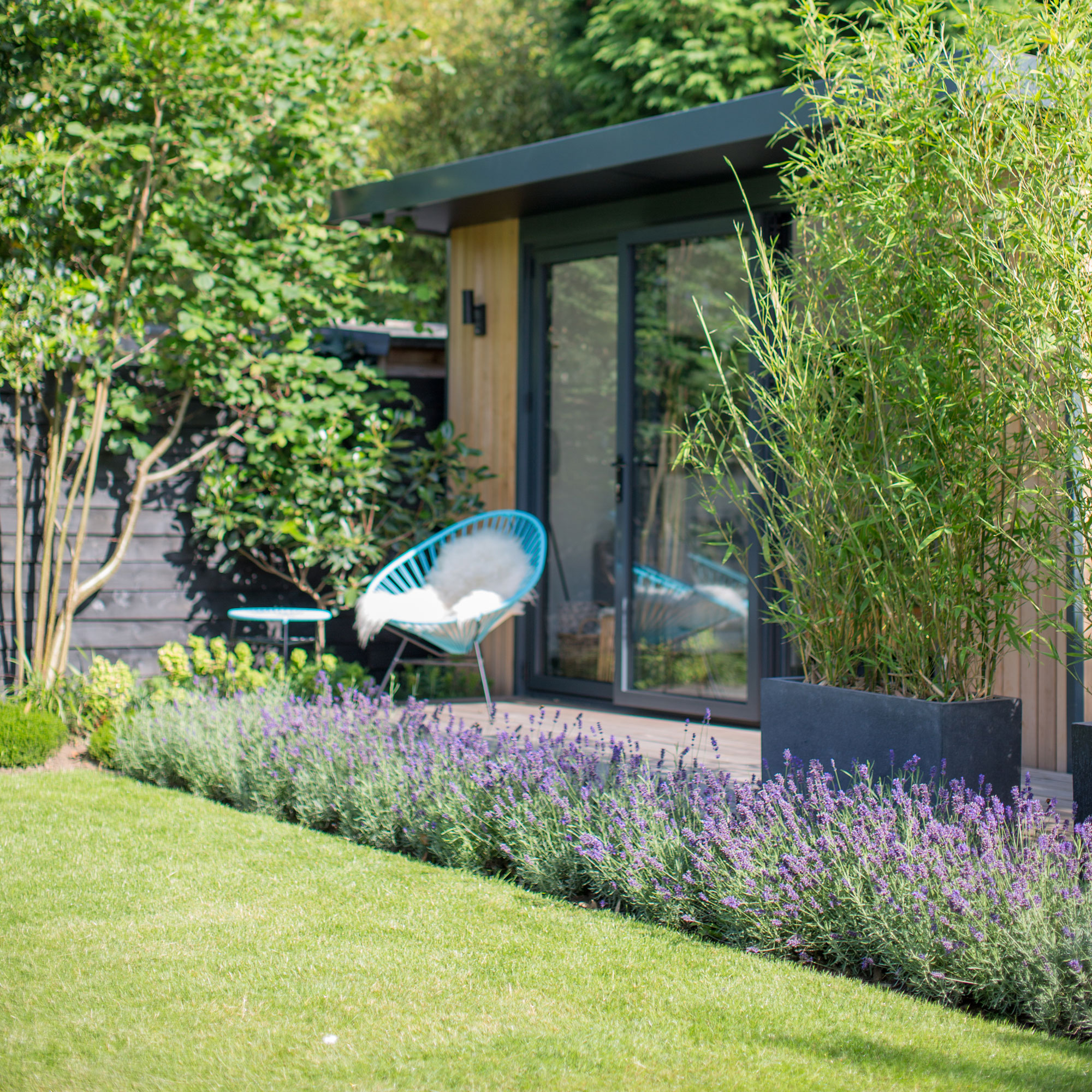 How to set up a drip watering system that saves water and a lot of effort
How to set up a drip watering system that saves water and a lot of effortKeep your plants hydrated (and your water bill down) with this clever garden watering solution
By Natalie Osborn